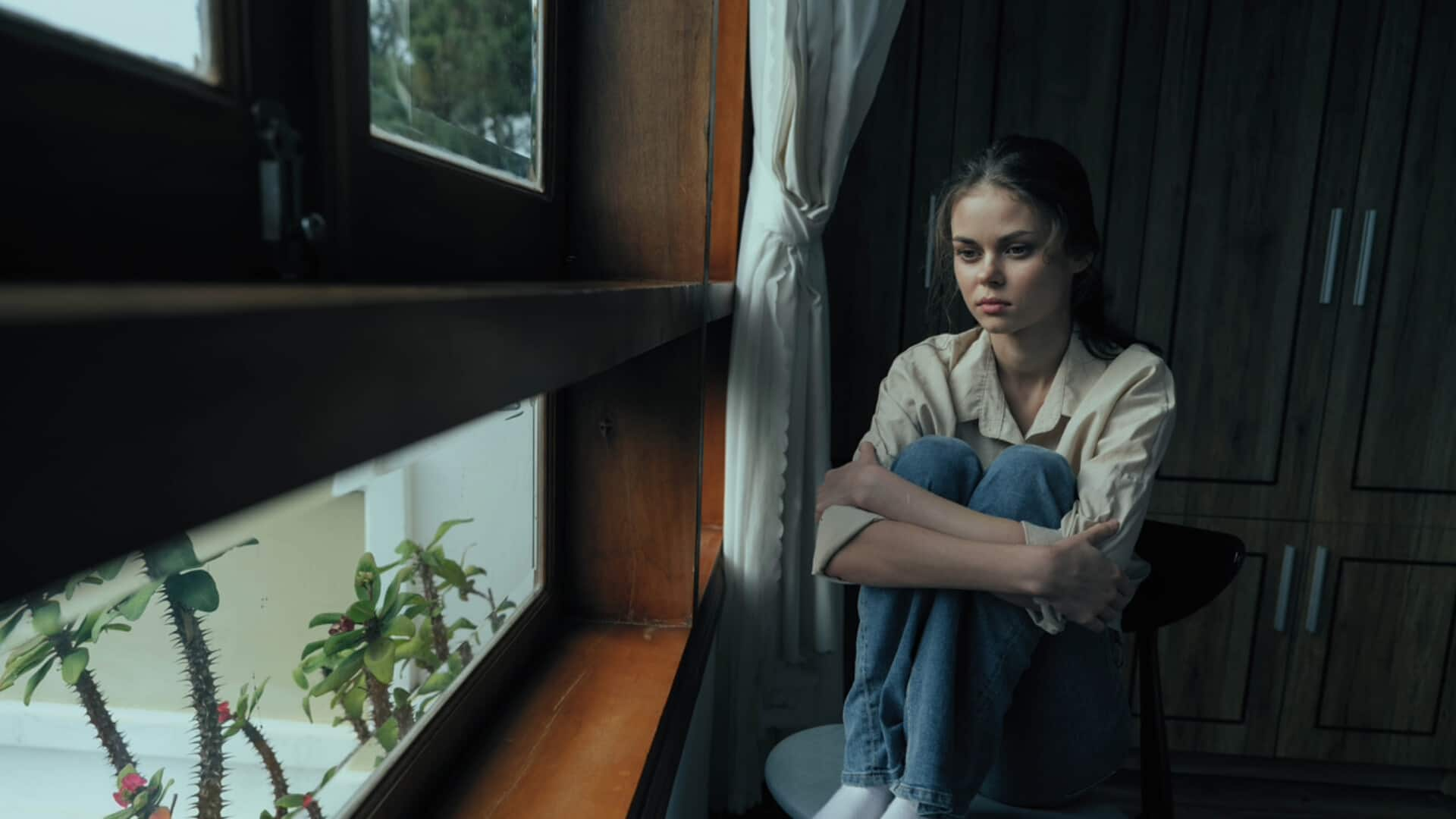
Grieving death of dear ones may hasten biological aging
What's the story
A study has found a significant correlation between the experience of losing a loved one and biological aging.
The research was conducted by Columbia University's Mailman School of Public Health and Butler Columbia Aging Center.
It found that individuals grieving the loss of a parent, partner, sibling or child showed signs of accelerated biological aging, compared to those who had not experienced such loss.
Study details
What did the study suggest?
The study's lead author, Allison Aiello, a professor of Epidemiology at Columbia University, stated that the research shows "strong links between losing loved ones across the life course from childhood to adulthood, and faster biological aging in the US.
Aiello emphasized that this correlation has been observed throughout various stages of life.
Aging indicators
Biological aging measured through DNA markers
Biological aging is gauged using DNA markers known as epigenetic clocks, which indicate the rate of aging at a cellular level.
Aiello noted that there has been limited research into how the loss of loved ones at different life stages impacts these DNA markers, especially in the US.
This study aims to fill this research gap by examining the effects of bereavement on biological aging.
Research methodology
Study tracks impact of loss on biological age
The researchers tracked thousands of individuals from adolescence to adulthood, to assess the impact of loss on biological age.
The data was sourced from the National Longitudinal Study of Adolescent to Adult Health, which began in 1994-95.
Losses were categorized into two groups: those experienced during childhood and adolescence (up to age of 18) and those occurring in adulthood (ages 19 to 43).
Early impact
Effects on aging emerge before middle age
The study suggests that the effects of loss on aging, can emerge well before middle age, and may contribute to health disparities across racial aas well as ethnic groups.
Biological age was calculated by examining DNA methylation patterns in blood samples, using epigenetic clocks.
The researchers found that the more losses experienced, the faster biological aging took place, especially when two or more losses occurred in adulthood.
Health risks
Health risks more pronounced in certain life stages
Aiello explained, "The connection between losing loved ones and health problems throughout life is well-established. But some stages of life might be more vulnerable to the health risks associated with loss and the accumulation of loss appears to be a significant factor."
The study also found that the death of a parent or sibling at a young age, can lead to mental health challenges, cognitive difficulties, as well as heightened risks of heart disease and premature mortality.
Long-term impact
Bereavement's long-term health consequences more severe in youth
The researchers emphasized that while loss can have long-term health consequences regardless of age, the impact is often more severe during the formative years, like childhood and adolescence.
Such health impacts might last or appear, long after the loss has occurred.
Aiello concluded, "We still don't fully understand how loss leads to poor health and higher mortality, but biological aging may be one mechanism as suggested in our study."